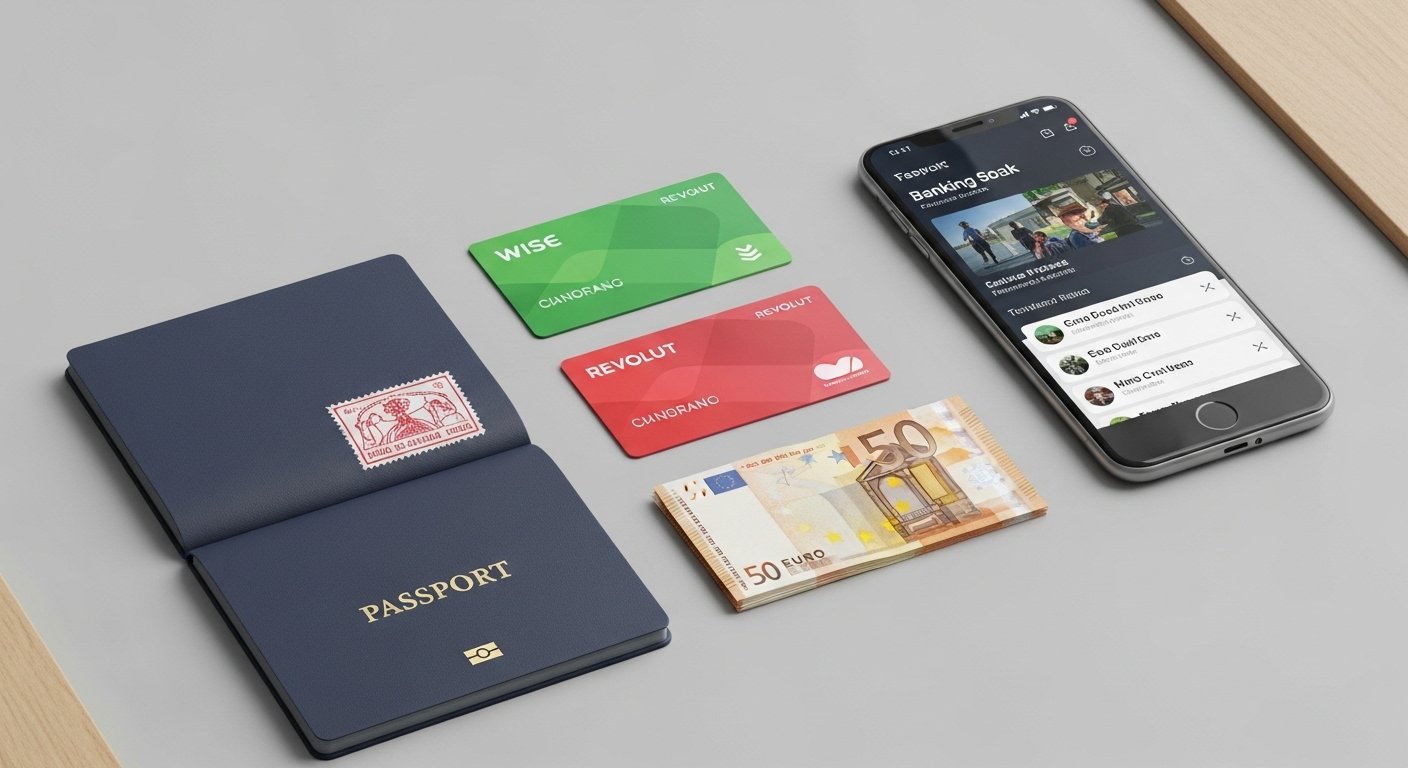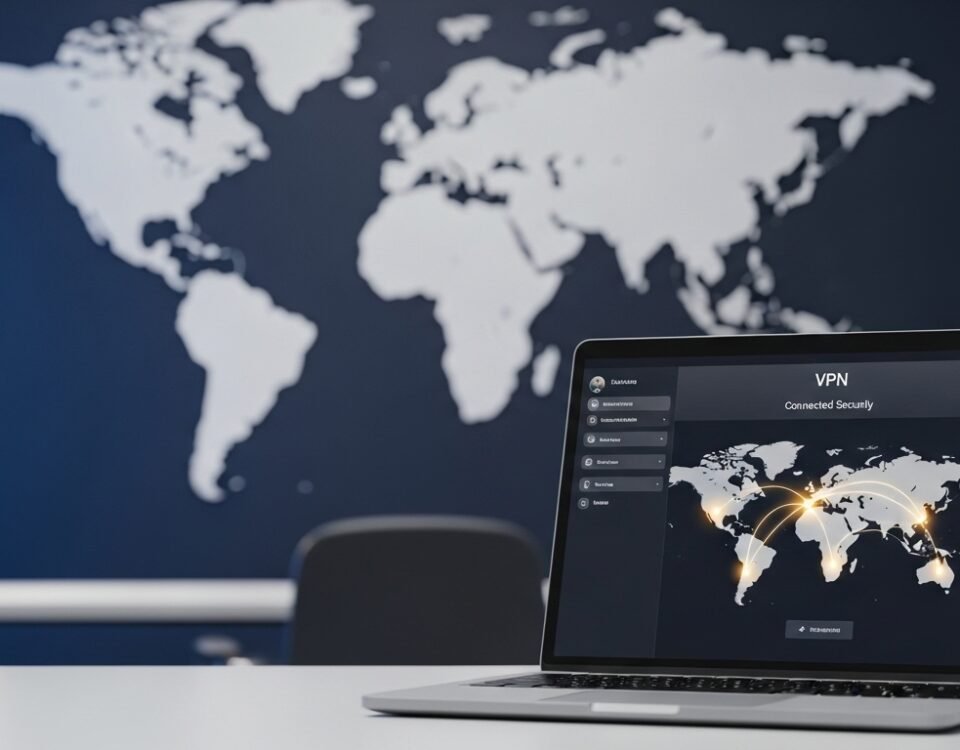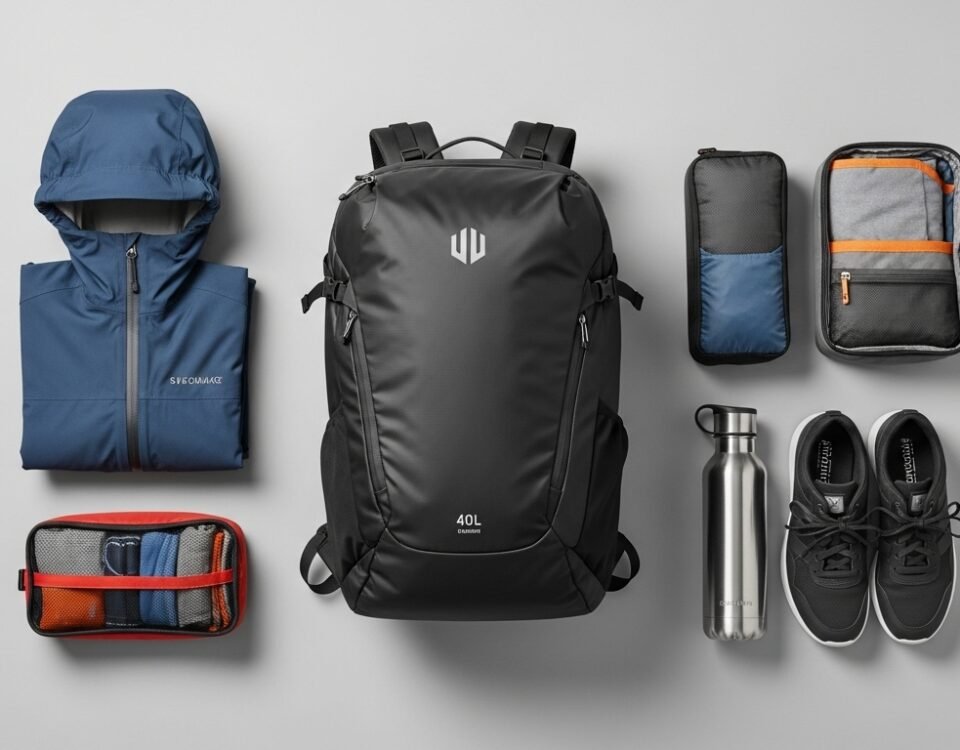You've landed in a new country, you're excited to explore, and you go to pay for your first coffee. You tap your card, it goes through, and then your phone buzzes. It's a text from your bank back home: "Suspicious transaction detected. We've temporarily frozen your account."
This is the digital nomad's financial nightmare. The truth is, the traditional bank account you've had for years is simply not designed for a life of constant travel. It's an outdated tool for a modern lifestyle, and relying on it is a recipe for high fees, terrible exchange rates, and stressful logistical headaches.
At ExplorerNest, we believe financial peace of mind is the foundation of a sustainable travel life. This guide will give you the modern, professional framework for managing your money on the road, saving you hundreds of euros and countless hours of stress.
The Problem: Why Your Home Bank Fails You Abroad
Before we get to the solution, you need to understand the three core problems with using a traditional bank for international travel:
Exorbitant Fees: Your bank will likely charge you a "foreign transaction fee" (often 3%) on every single purchase, plus a hefty fee for every ATM withdrawal. These small charges add up to a significant amount over a year.
Terrible Exchange Rates: Banks offer some of the worst currency exchange rates on the market, building a hidden profit margin into every transaction. You're losing money every time you spend.
Security & Access Issues: As in the nightmare scenario above, your bank's fraud detection system can see your sudden activity in Krakow or Lisbon as a threat, leading to frozen accounts and frustrating international phone calls.
The Solution: A Modern Nomad Banking System
Component 1: The Multi-Currency Account
This is the heart of your new system. A multi-currency account, offered by modern fintech companies like Revolut or Wise (formerly TransferWise) , is a game-changer.
Think of it as having dozens of local bank accounts in one app. You can hold money in over 40 currencies (Euros, US Dollars, Polish Złoty, etc.) and convert between them using the real, mid-market exchange rate—the one you see on Google.
When I was living and studying between Italy (using Euros) and Poland (using Złoty), this was invaluable. I could pay my rent in Gdańsk with Złoty I had converted from my Euro account, all instantly and with a tiny, transparent fee.

My Nomad Banking Nightmare in Poland
During my Erasmus semester at the University of Gdańsk, my entire financial life was running through my Revolut account. It was brilliant—I could hold both Euros and Polish Złoty, the exchange rates were perfect, and I felt like I had mastered the system.
Until one morning, I woke up and tried to buy a coffee. Card declined.
I opened the app to a heart-stopping message: my account was temporarily frozen for a routine investigation. No specific reason was given. When I talked to support, their only advice was to be patient and wait. All of my money was trapped in a digital prison I had no control over. My rent was due.
That feeling of cold dread, of being financially stranded in a foreign country despite having money in the bank, is something I never want you to experience. The support team couldn't give me a timeline, and for several stressful days, I was completely powerless.
That nightmare taught me the single most important rule of nomad banking. It’s not that these services are bad—it’s that relying on any single service is a catastrophically bad idea.
1. Your Primary Card: The Daily Driver
This is your go-to card for daily spending. It should be from a multi-currency service that gives you the best exchange rates and lowest fees.
-
My Recommendation: Wise (formerly TransferWise) or Revolut. Both are exceptional at what they do. They allow you to hold dozens of currencies and spend like a local, which is why, despite my experience, I still consider them essential.
The "Hidden Costs" of Free Travel
While your bed is free, work exchanges aren't entirely without cost. Be aware of:
Platform Membership Fee: You have to pay the yearly fee (usually around $49) to contact hosts.
Food: Some hosts provide all meals, some provide one, and some provide none. Read the host's description carefully so you can budget for groceries.
Transportation: You have to pay for your own travel to and from the host's location.
2. Your Backup Card: The Lifeline
This is your crucial backup. It should be from a completely different institution than your primary card. Keep this card safely in a separate place in your accommodation.
My Recommendation: A card from the other service (if Wise is your primary, make Revolut your backup), a travel-friendly card from a challenger bank like N26, or a credit card with no foreign transaction fees.
3. Your Analog Backup: Emergency Cash
This is your crucial backup. It should be from a completely different institution than your primary card. Keep this card safely in a separate place in your accommodation.
My Recommendation: A card from the other service (if Wise is your primary, make Revolut your backup), a travel-friendly card from a challenger bank like N26, or a credit card with no foreign transaction fees.
Why These Services Are Still Essential
This is your crucial backup. It should be from a completely different institution than your primary card. Keep this card safely in a separate place in your accommodation.
My Recommendation: A card from the other service (if Wise is your primary, make Revolut your backup), a travel-friendly card from a challenger bank like N26, or a credit card with no foreign transaction fees.
My story isn't a warning against using modern banking apps; it's a powerful argument for using them correctly as part of a diversified system. Here's why they are still a non-negotiable part of my toolkit:
They save you a fortune: By letting you spend in local currencies (like I did with Polish Złoty) and converting money at the real mid-market rate, they save you from the terrible exchange rates and hidden fees charged by traditional banks.
They offer incredible flexibility: Holding multiple currencies, sending money internationally with tiny fees, and getting instant spending notifications are features that traditional banks simply can't match.
By building this simple, redundant system, you get all the incredible benefits of modern fintech while protecting yourself from the worst-case scenario. It's the professional way to manage your finances on the road.
Have you ever had a banking nightmare abroad? Share your story or your go-to backup strategy in the comments below!


